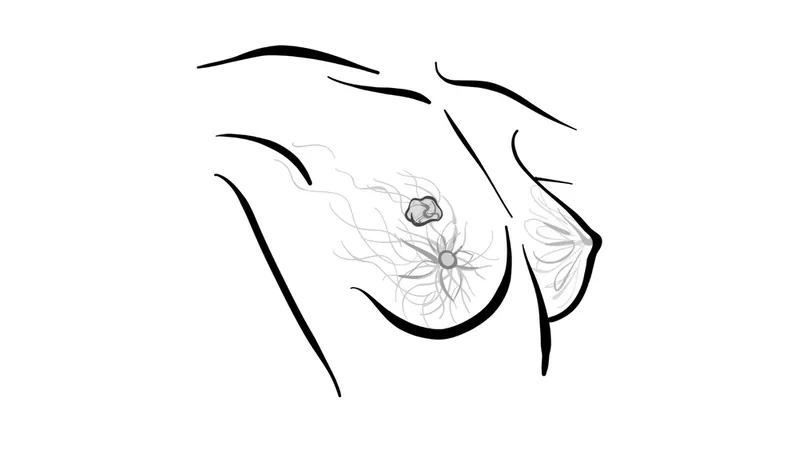
Breakthrough in Migraine Relief: New Drug Offers Fast-Acting Solution!
2024-12-23
Author: Sarah
Introduction
A groundbreaking study published in the December 23, 2024, online edition of Neurology reveals that a newly approved drug, Atogepant, could provide immediate relief for migraine sufferers. As a calcitonin gene-related peptide (CGRP) receptor antagonist that can be taken orally, Atogepant is changing the game in headache management.
Dr. Richard B. Lipton's Insights
Dr. Richard B. Lipton, an esteemed neurologist from the Albert Einstein College of Medicine, emphasizes a critical issue with current migraine treatments: 'Many existing medications require time to establish the right dosage, often taking weeks or even months to demonstrate their full efficacy. Unfortunately, some patients discontinue these treatments before they can reap the benefits due to slow results and potential side effects.'
Study Findings
The findings indicate that individuals taking Atogepant reported fewer migraines within the first 24 hours compared to those on a placebo. During the first month of the study, participants experienced reductions in weekly migraine frequency, reinforcing the drug's potential for quick efficacy.
Research Design
This research encompassed data from three trials over a span of 12 weeks, specifically designed to assess how quickly Atogepant acts. The ADVANCE trial involved 222 participants with episodic migraines, while the ELEVATE trial focused on 151 individuals who struggled with traditional preventive treatments. The PROGRESS trial evaluated 256 participants suffering from chronic migraines.
Migraine Categorization
Defining migraine categories, those with episodic migraines endure up to 14 headache days a month, whereas chronic migraine sufferers deal with at least 15 headache days per month, with eight being indicative of a migraine.
Trial Results
The results were alarming yet promising. In the ADVANCE trial, only 12% of the Atogepant group experienced a migraine on Day 1, compared to 25% in the placebo group. The ELEVATE trial showed results of 15% against 26%, and the PROGRESS trial reported 51% versus 61%. Adjusting for various factors revealed patients on Atogepant were 61% less likely to experience a migraine in the first trial, 47% in the second, and 37% in the third.
Participant Experience
Participants taking Atogepant also reported an average reduction of one migraine day per week, compared to less than half a day for those on placebo. In the PROGRESS trial, this decreased by about 1.5 days, contrasting with roughly one day for the placebo group. Furthermore, Atogepant users noted marked improvements in quality of life and daily functioning.
Significance of the Findings
'Migraine stands as the second-leading cause of disability worldwide, particularly impacting young women,' remarked Dr. Lipton. 'An effective and rapidly acting treatment is essential for addressing the detrimental effects of this condition on relationships, careers, and financial stability.'
Study Limitations
However, it is vital to note that a limitation of this study was its demographic composition, which predominantly included female and white participants. This raises questions about the generalizability of these promising results to the broader population.
Conclusion
As migraine sufferers eagerly await further developments, Atogepant embodies hope for a quicker and effective solution to a debilitating condition. Are you ready to kiss those migraines goodbye? Stay tuned for more breakthroughs in headache relief!


 Brasil (PT)
Brasil (PT)
 Canada (EN)
Canada (EN)
 Chile (ES)
Chile (ES)
 España (ES)
España (ES)
 France (FR)
France (FR)
 Hong Kong (EN)
Hong Kong (EN)
 Italia (IT)
Italia (IT)
 日本 (JA)
日本 (JA)
 Magyarország (HU)
Magyarország (HU)
 Norge (NO)
Norge (NO)
 Polska (PL)
Polska (PL)
 Schweiz (DE)
Schweiz (DE)
 Singapore (EN)
Singapore (EN)
 Sverige (SV)
Sverige (SV)
 Suomi (FI)
Suomi (FI)
 Türkiye (TR)
Türkiye (TR)